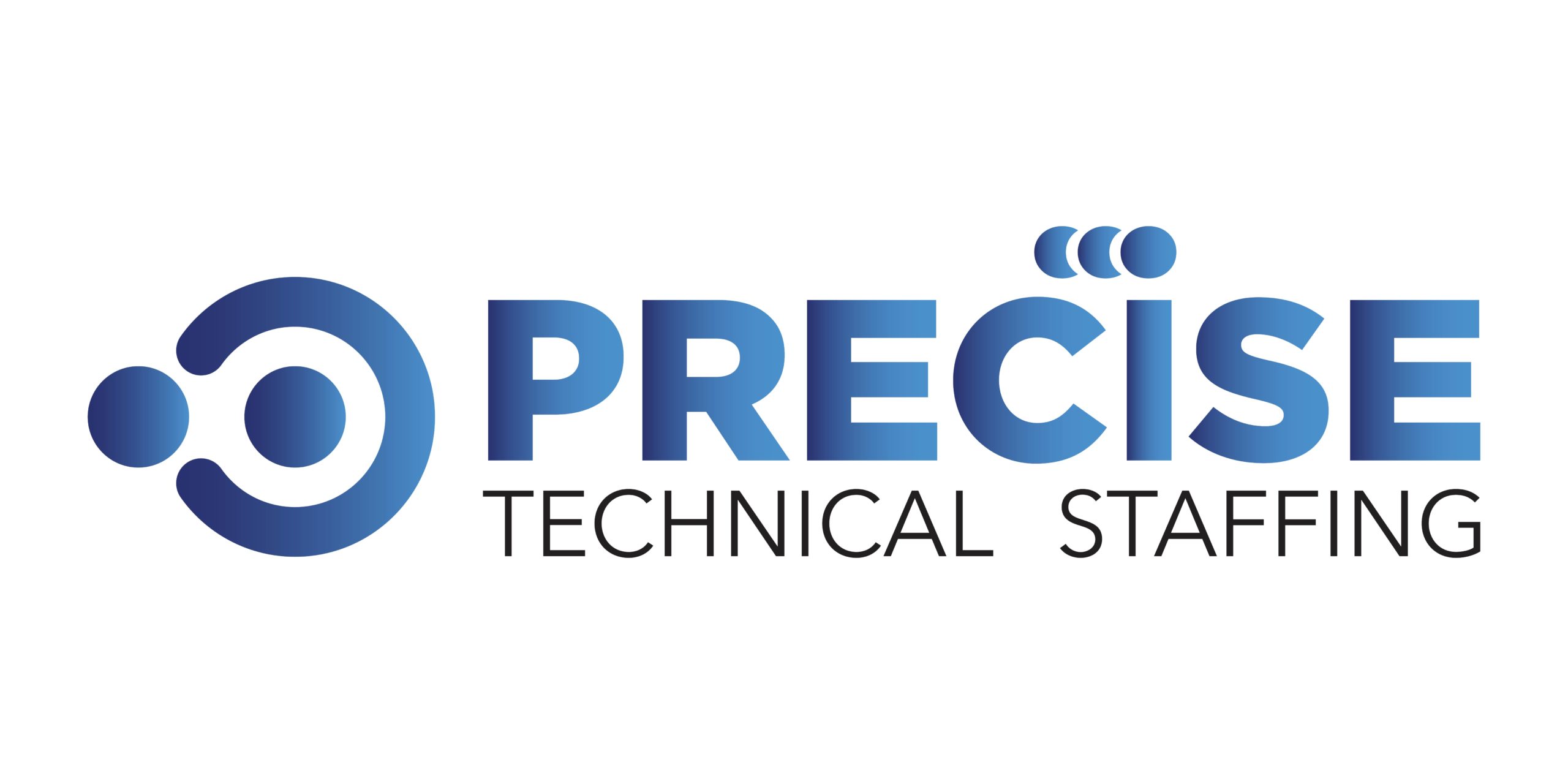Most of us have had a morning where we walk into the office, feeling like something is just not right. We think to ourselves, “Maybe I should have taken a mental health day.” Then others have days like that every morning. It is not easy to think about this topic, partly because we all have hopes of staying with a company for many years to come. We are talking about a Dead-End Job.
No one wants to leave a company and let me explain that in more detail. No one wants to deal with what comes with going to a company i.e., learning a new culture, new management, new commute, and the uncomfortable question, “why did you leave your last role?” The answer is sometimes simple; it was a dead-end job. Even that simple answer can come with its own stigmas.
Grieving Process
There is almost a grieving process to one goes through before realizing they are, in fact, in a “Dead – End” job. Once you have accepted, you are in a dead-end job; you might experience these 5 steps and just like in any other type of grieving situation.
Denial:
Maybe it’s me?
If only I worked harder.
Maybe it is the way I am attempting to correct the situation.
Maybe I am not communicating my boundaries correctly.
Anger:
You start to realize it’s not you, it’s them.
It becomes harder to be polite to people you know do not have your best interest at heart.
Bargaining:
You attempt to bargain with yourself, “I can continue this job if X and Y happens.”
You attempt to bargain with your boss to get X and Y to happen.
Depression:
X and Y never happens, aka the honeymoon period is over.
Acceptance:
You are AMAZING and DESERVE a career that is going to take you to amazing places and VALUE the hard work you do!
What to do
First, know you are not the only one that feels this way. It is OK to want better for yourself and your career. Second, take a deep breath and make a plan. Here is an outline of a plan that might help you create your exit strategy.
First off, DO NOT QUIT, it is easier to find a new job, while you are employed!
Update your resume:
You should have a writing resume, but you don’t take a weekend to begin rewriting one. Outline Friday Night, fill it out Saturday, and review it Sunday.
Send your resume to a couple of friends to review. It is always essential to have more than one person to give you advice on how you are highlighting your skills. Self-reflection is a hard thing to do; it’s even harder when you are in the acceptance stage that you are in a dead-end job. Remember, it’s easy to slip back into a previous stage.
Find a Recruiter:
It’s true; companies HR Departments have search strings up at all times to find out if people are looking! Finding a recruiter will help you keep your search private. You should not be posting ANYTHING on a job board.
Ask the recruiter to review your resume and take any feedback that they give about the presentation.
Edit your resume one more time:
Use the feedback from your friends and your new (or old) recruiter and make that baby shine!
Start Applying to new roles:
Research a company that you want to work for and apply, it may go into a black pit of no response, but you never know!
Go to networking events:
Recruiters are there with jobs, even if they don’t talk about them.
Hiring managers are there looking for talent!
People know people.
Interview:
It is sometimes OK to be a creeper, what I mean by this is when you get an interview request, go check out the company on-site before the interview. See what people are wearing, do they look happy, what time they come in.
GLASSDOOR! It is true, glass door has HR writing reviews on it ( I know from personal experience that some reviews are CLEARLY HR), but others are true evaluations of the company.
Check people out on LinkedIn; see if people are promoted quickly or if they stay in the same position for a while.
Do you get where I am going with this? You are interviewing the company at this point; they are not interviewing you. The economy is getting better, and you have the right to be picky.
Accepting a new offer:
Always ask for 24 hours to think about a new job if you don’t feel like it is the best fit. DO NOT SETTLE!
Make sure everything is written out in the offer letter clearly, it may save you A LOT of headaches.
Putting in Notice:
Think back to the last time someone put in a notice, where they walked off right away? If so, it might be best to wait until Friday before you start to put in your notice (or Thursday if you want an extra day).
If your employer is respectful of the two weeks, make sure to try to give it to them.
This plan may not be perfect, but it’s a good starting point. The most important thing to remember is you are not alone, and life DOES get better. You deserve better!

4 comments on “You’re in a Dead-End Job… Now What?”